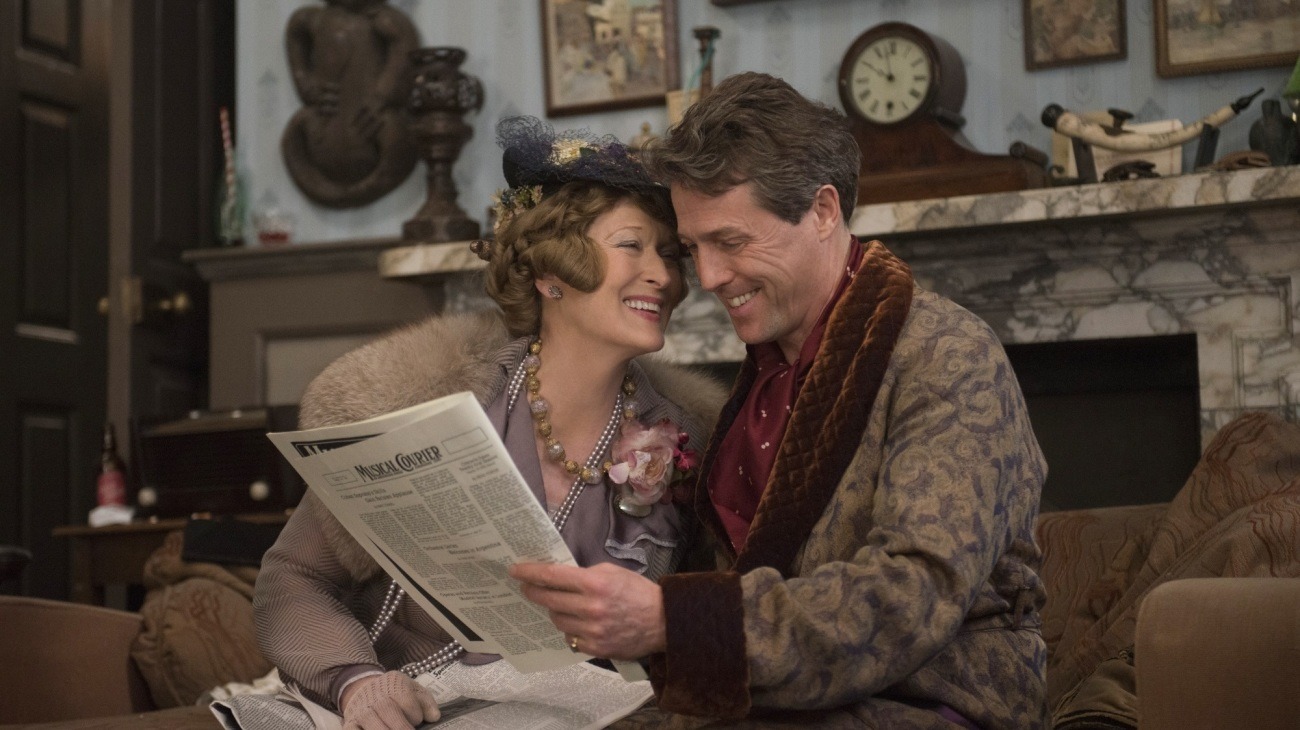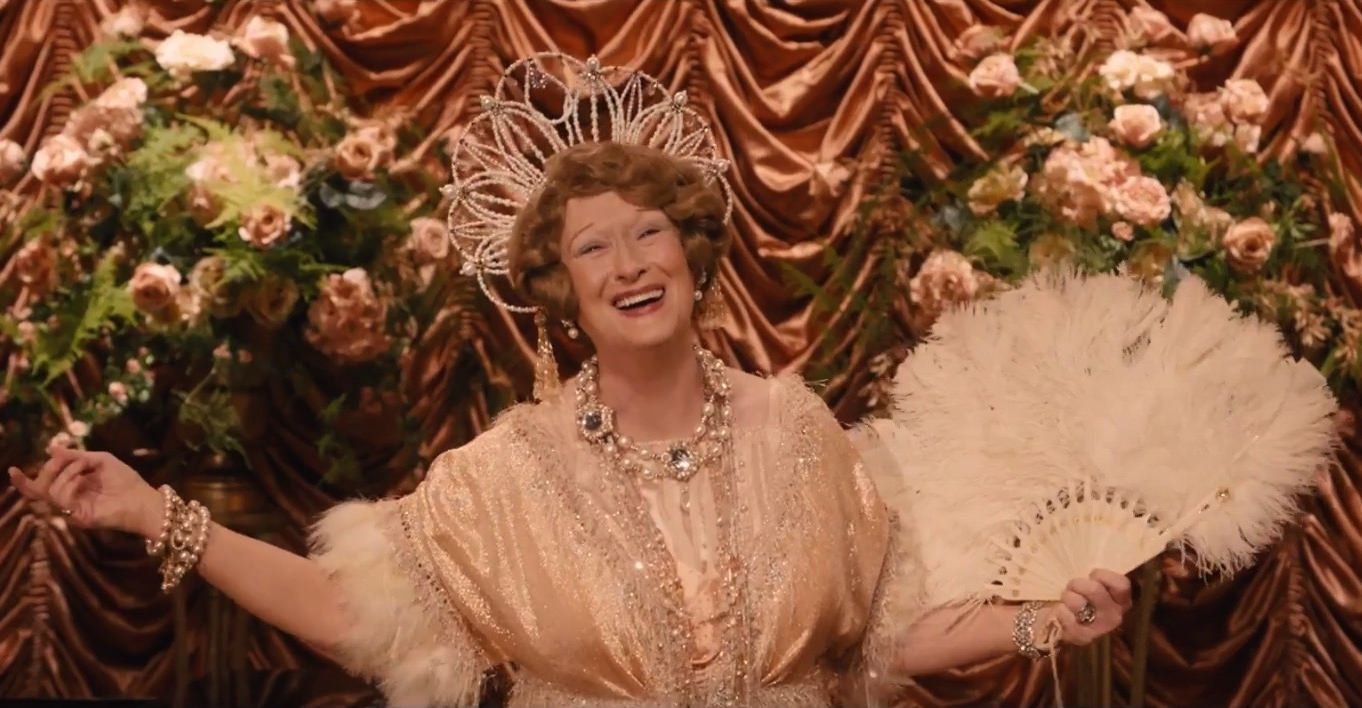


One song is broadcast on the radio, to the horror of Bayfield and Kathleen, though many listeners find it comedic and enjoy it. McMoon realizes that Florence is not as musically inept as he had thought.įlorence and McMoon write and perform original songs together. She also informs McMoon of her history as a piano player and teacher, having once played for the President as a child. Florence gives McMoon a copy and recalls that Bayfield was an unsuccessful actor and that she hid negative reviews from him. Encouraged by her good reviews, she arranges to make a recording at Melotone as a Christmas gift for members of the Verdi Club. Loyal Verdi Club members watch respectfully, but others barely contain their laughter. Bayfield warns McMoon of dire consequences if he criticizes her.īayfield arranges a small recital, handpicking the attendees. She hires pianist Cosmé McMoon, who is shocked by her terrible singing, but Bayfield and vocal coach Carlo Edwards, the assistant conductor at the Metropolitan Opera, pretend she is wonderful. Florence suffers from long-term syphilis, contracted from her first husband.įlorence decides to resume singing lessons after she sees Lily Pons in concert with Bayfield. Florence lives in a grand hotel suite, while Bayfield lives in an apartment with his mistress, Kathleen Weatherley. Clair Bayfield, a British Shakespearean actor, is her manager and long-time companion. He’s content to let his three leads be eminently watchable in a midcentury New York beautifully conjured by his cinematographer, Danny Cohen, and his production designer, Alan MacDonald.In 1944, Florence Foster Jenkins is a New York City socialite heiress who founded the Verdi Club to celebrate her love of music. Frears doesn’t delve too deeply into human frailty, the lust for fame or the other darker themes suggested by Jenkins’s story (which has also inspired a play, “Souvenir,” and a recent French film, “Marguerite”). Instead, her story is a sort of harbinger of the YouTube age, when you never know what might go viral and are never quite sure whether it has done so because it’s impressive or because it’s wretched. Bach - have explored the comic possibilities of performing badly, but in this telling that wasn’t Jenkins’s intent. Cosmé, of course, realizes immediately how irredeemably terrible she is, and he soon fears for the effect that being associated with her might have on his own career.

Helberg’s reaction when he first hears her voice is by itself worth the price of admission. Helberg, who is familiar from television’s “Big Bang Theory.” He plays Florence’s pianist, Cosmé McMoon, who in this version of the story was just looking for a paycheck when he auditioned for a job as her accompanist, thinking she was an actual singer. The tale, though, wouldn’t be half as engaging without Mr.


 0 kommentar(er)
0 kommentar(er)
